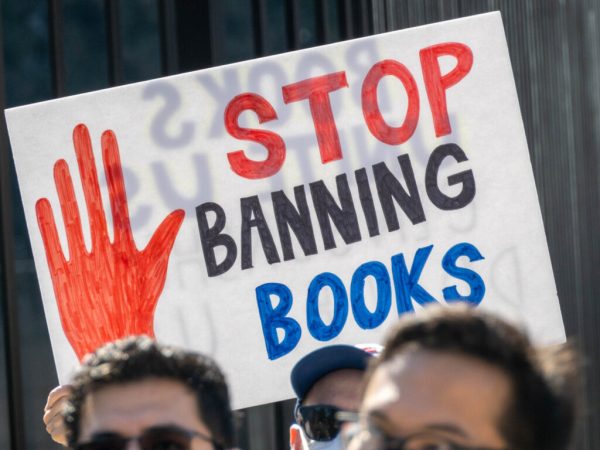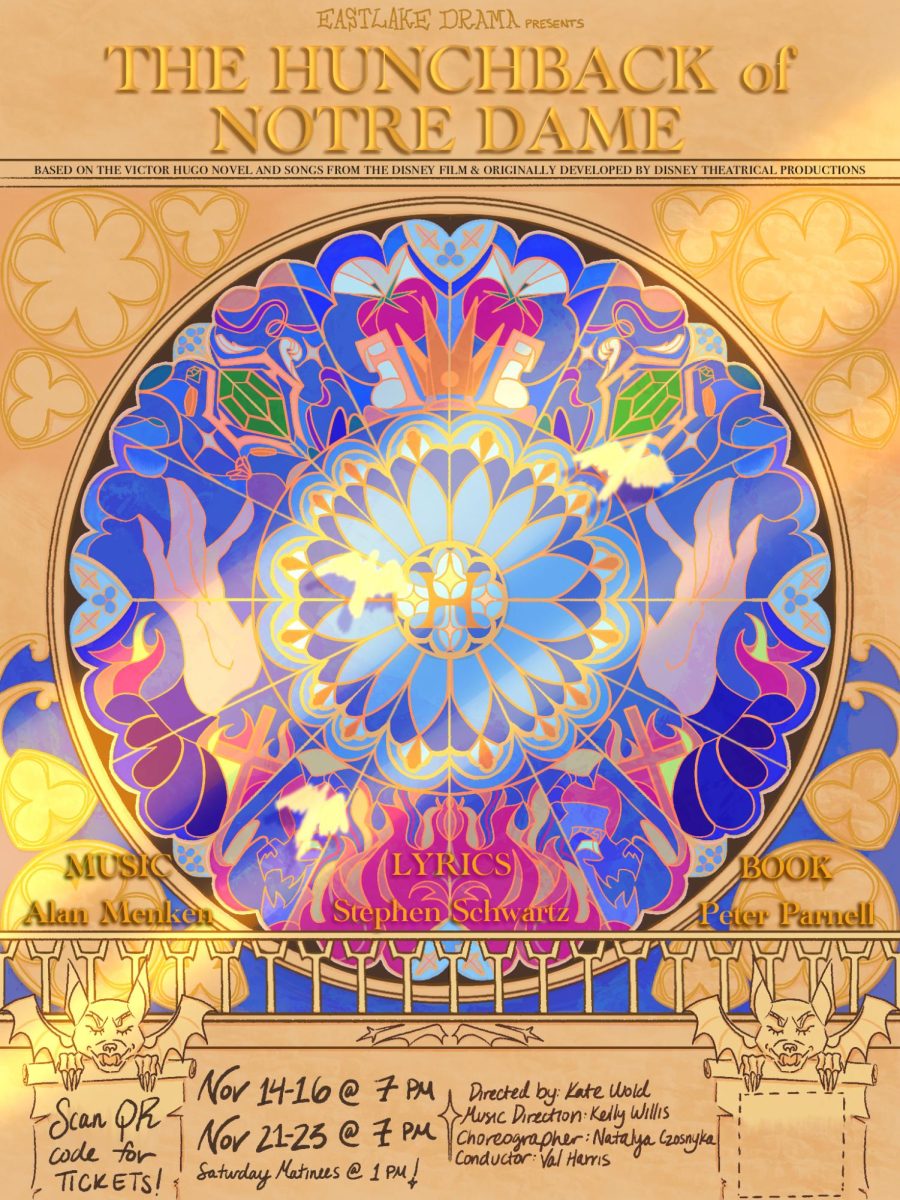On June 12th, 2023, the Illinois state governor Jay Robert Pritzker signed House Bill 2789, making Illinois the first US state to put an end to book bans.
Book banning is a policy that disproportionately impacts the stories and perspectives of minority groups, as proven by statistics. Out of 1648 titles banned in 2022, almost half that were banned had POC protagonists, over a third contained LGBTQ+ themes, and a fifth talked primarily about race and racism. With recent efforts by conservative states, such as Florida, Tennessee, Arkansas, etc., making efforts to infringe on the rights of minorities through legislation such as Florida’s Don’t Say Gay bill, this new push for the rights of all citizens comes at a pivotal time.

The practice of book banning erases unique perspective and stories, narrowing the minds of Americans nationwide. It also goes against the fundamental principles of education, discouraging children from thinking for themselves, developing critical thinking skills, preventing them from discovering perspectives outside their own, and hides the true history of the nation from citizens. As Governor Jay Robert Pritzker said, “young people shouldn’t be kept from learning about the realities of our world; I want them to become critical thinkers, exposed to ideas that they disagree with, proud of what our nation has overcome, and thoughtful about what comes next. Everyone deserves to see themselves reflected in the books they read, the art they see, the history they learn.”
Illinois’s bill directs public libraries to create or adopt a library Bill of Rights similar to the American Library Association’s, punishing the removal of books due to their contents, origins, or authors, whether it be on the account of race, gender, identity, or political belief with ineligibility for state funding. It took effect on January 1st, 2024 and gave public libraries six months to implement the new policy.
However, this progress towards expanding the nation’s perspective has been meet with opposition by extremists, who responded to the bill with terrorist and bomb threats. Half a dozen libraries had to close and evacuate due to these bomb threats, with the Illinois State Library being among them. In spite of this, the bill was still generally well-received, placating all but those at the very ends of the political spectrum.
This bill is an important step in the direction of protecting our constitutional first amendment rights of the freedom of speech, protecting the perspectives of all individuals and the sanctity of education. It makes sure that the identities and stories of all are heard and that citizens become knowledgeable of their history and the issues surrounding their nation.



























